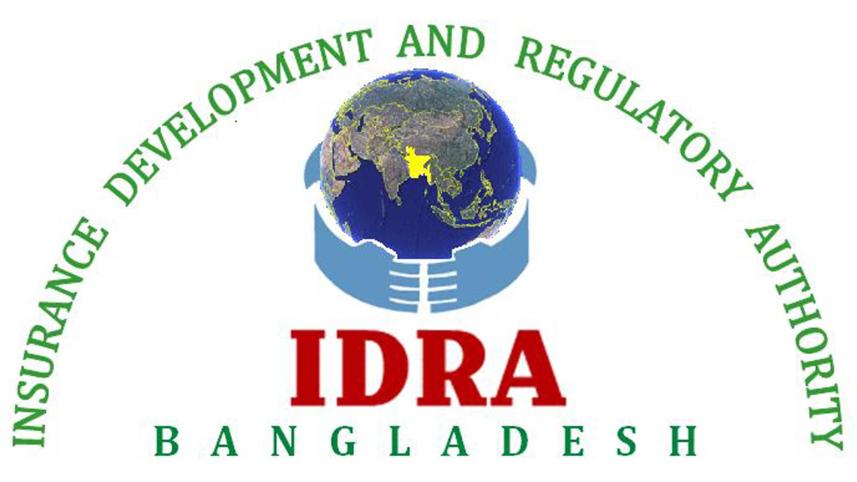IDRA spots nine problems in non-life insurance

The Insurance Development and Regulatory Authority (IDRA), the sole regulatory body for insurance companies in Bangladesh, has identified nine issues that are impeding growth in the country's non-life insurance sector.
The problems are -- paying high commission to agents, accepting premium on credit, low claim settlement rate, showing lower premium income, high operating costs, and sluggish reinsurance.
In addition, non-life insurance companies impose improper premium rates, keep their premium income at various banks, and do not follow recruitment rules.
"There are a lot of problems in the sector but we have identified these nine issues as the biggest ones for non-life insurers," said SM Shakil Akhter, executive director and spokesperson of the IDRA.
In a recent meeting, the IDRA directed senior officials of non-life insurance companies to solve these issues quickly.
The insurance sector has long been suffering from over charging on commission by agents. Many companies offer as much as 60 per cent of the premium as commission to secure business, which hurt their profits, industry insiders say.
With this backdrop, the IDRA had issued a circular in 2012 barring insurance companies from paying more than 15 per cent of the premium as commission to their agents.
However, most insurers disregarded the directive, prompting the regulator to issue another notice in late 2019 instructing them to comply for the sake of the sector's welfare.
Subsequently, in a meeting with the Bangladesh Insurance Association that same year, insurance companies collectively agreed to follow the order in a bid to keep the sector alive.
However, most of them are still paying high commission rates through several ways, the IDRA said.
Besides, some of the companies allow deferred payments for premium, which is another big problem for the sector.
Also, several insurers show lower premium income that what they actually get and spend the funds on paying commission and other costs.
To address these issues, the IDRA previously ordered non-life insurers to launch an e-receipt system to ensure that the proper amount of premium is deposited to their respective bank accounts in a timely manner.
The IDRA went on to say that several insurers do not settle claims on time and sometimes even show fraudulent settlement papers without fully making payments in order to spend it on their agent's commission.
Meanwhile, some of the companies are spending more on operating costs than what is allowed by regulations in this regard.
Another major problem for the sector is that some of the insurers do not reinsure their policies, which places a bigger burden on the company as the risks are unshared.
The IDRA had ordered insurers in the country to reinsure their policies with Sadharan Bima Corporation and a foreign company, which would each take 50 per cent of the burden.
A number of insurers do not maintain the proper premium rate in opening policies while some are not recruiting employees following the IDRA rules and regulations.
Several insurers do not maintain bank accounts as per the IDRA circular in this regard, which states that each insurer can open a maximum of three accounts with three separate banks to deposit their premium income.
Not only are some insurers flaunting the IDRA rules and regulators, they are even engaged in malpractice that is denting the whole industry, said SM Azizul Hossain, managing director and chief executive officer of Peoples Insurance Company Limited.
"Due to their foul play, good businesspeople are facing problems in the market. So, it is becoming difficult to do business," he added.
Hossain then said that competition has become harder in this situation and so, the business of good companies has fallen.
"If every company complies with the laws, then the whole insurance industry will be benefited," he added.


 For all latest news, follow The Daily Star's Google News channel.
For all latest news, follow The Daily Star's Google News channel.